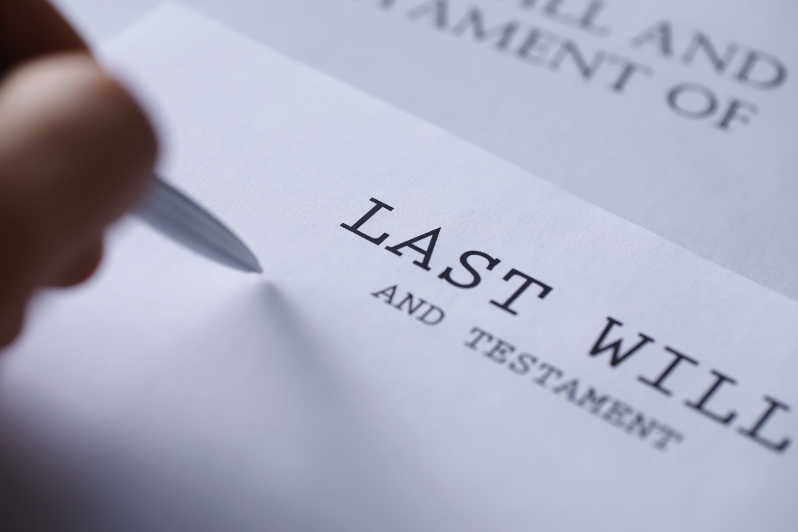Over the past two decades, the UAE has had an increase in the number of residents. Many foreigners in the UAE often discuss the fate of their property and assets owned should they pass away. This concern stems from the inheritance laws being based on the Sharia Law which is the sovereign law when it comes to the inheritance of property within the UAE’s jurisdiction.
The UAE Government recognizes the diversity of its population and knows all have different religious beliefs and views. As a result, they have set up some legislation to help them deal with the administration of estates upon their owner’s demise. Non-Muslims can register a Will with the DIFC WPR. Once done the deceased’s final wishes pertaining to their Dubai properties go according to the Will. This means the property will go to the heirs they have chosen or they can transfer the property into an offshore company.
Options used by authorities to solve the issue of dead expatriates without a Will
Whether you are an Emirati or expatriate the estate falls under administration by Sharia Law upon the demise of the property owner. So if a foreigner dies without writing a will in the UAE, the Government takes over the property’s full management and ownership. To carry this out there must be no next of kin, children or wife of the deceased legally recognized by the UAE or his or her country present.
Personal assets become frozen until the deceased’s liabilities receive payment. The shared assets remain frozen as the issue of inheritance concludes in the local courts. Additionally, Business shares do not transfer automatically and the overall breakdown of the estate (when there is no will) can be a long, costly and messy affair as possible heirs argue.
Some countries have made provisions for their citizens living in the UAE. The United Kingdom, for example, has set up an inheritance law used universally. The law protects the surviving spouse’s legal right to lay claim to the dead’s properties and estates. These properties should best be placed in offshore companies as shares rather than putting assets. This is especially effective especially in avoiding Inheritance Tax liabilities, which can go up to 40% of the total share.
Need Legal Help?
Dubai's Expert Advice at Your Fingertips.
Sharia Laws of Property Inheritance
The Sharia Law stipulates that if the husband dies, the widow should receive a quarter of the total share if they had no children together. If the couple has children, the wife is eligible for an eighth of the total property, and the rest is divided among their children. On the other hand, a surviving husband is eligible to receive half of the total estates owned by his deceased wife if they did not have any biological children together.
If the couple had kids, the husband could only receive a quarter of the total inheritance and the rest divided among the children. When it comes to inheritance among the children, the male children or sons are entitled to twice the amount of inheritance of the female children or daughters.
Those not directly related to the deceased will get to inherit various portions of the inheritance based on their overall relation to the deceased.
Need Legal Help?
Dubai's Expert Advice at Your Fingertips.
Let our expertise guide you through the process with minimum stress
The easiest way to avoid complications after your passing in the UAE is to have a will written. This is where HHS Lawyers can step in. With our professional legally registered lawyers in the UAE, we can assist in solving the succession process and settling property inheritance disputes in court. We can draft the will to protect your family assets and inheritance before submitting the documentation for registration with the relevant bodies to give you and your family peace of mind.
To learn more feel free to call to make a booking with us today for an initial consultation

